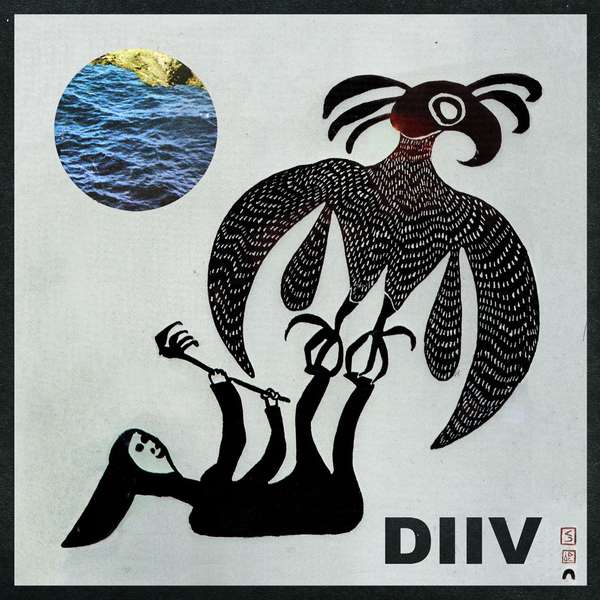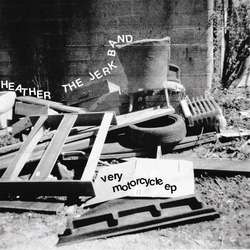Before reading any further, know that DIIV are anything but overwrought. The NYC band’s debut, Oshin, reflects the sort of open air, free-flowing rhythms and harmonics fluent in the thriving genre of dream pop. Naturally, the music isn’t about following along or thinking too hard about it. Everything here is predictable and minimalist. That’s what makes it so enjoyable.
Oshin is one of those albums best experienced through observation along environmental proceedings. The music plays on, though the tracks never seem to change. The brighter moments, mostly captured through catchy hooks (“How Long Have You Known?”) and breezy melodies (“Past Lives”), are absorbing because they exist as merely a part of something whole. The thrill of a great pop song is eminent—just without the feeling that there’s some form of structure involved.
Hell, if you’re lucky, you’ll remember some of the lyrics. However, don’t expect to sing along to Oshin; much of the lyricism is rather indiscernible. But that’s what makes DIIV good at what they do. Their approach to hazily-surfaced song crafting creates an earthy aura, one that is appropriate for land or water. Hike a mountain to Oshin, surf the Pacific, or coast highways with the windows down; it really doesn’t matter.
DIIV haven’t necessarily produced anything groundbreaking here, but they offer a fresh take on a fashion that can become lethargic and forgettable. If permitted, Oshin can and will echo the backdrop to your atmosphere, emanating still frame images of nostalgic events. It’s a reminder that simplicity can be as effective as technical compositions that are far more gripping. The results are entirely different, though the efficacy exists nonetheless.
The record may not become a new favorite album for many, even for those who find it engaging. In fact, I’m in no way inclined to throw the record into regular rotation, despite it being a solid offering. An album of this ilk often finds a momentary niche, lending a soundscape to specific events in a place or small period of time. Perhaps its best quality will be its ability to morph and appeal to whatever the listener is doing or seeing. With a tonality disseminating like air, it’s easy to forget it’s even there.





